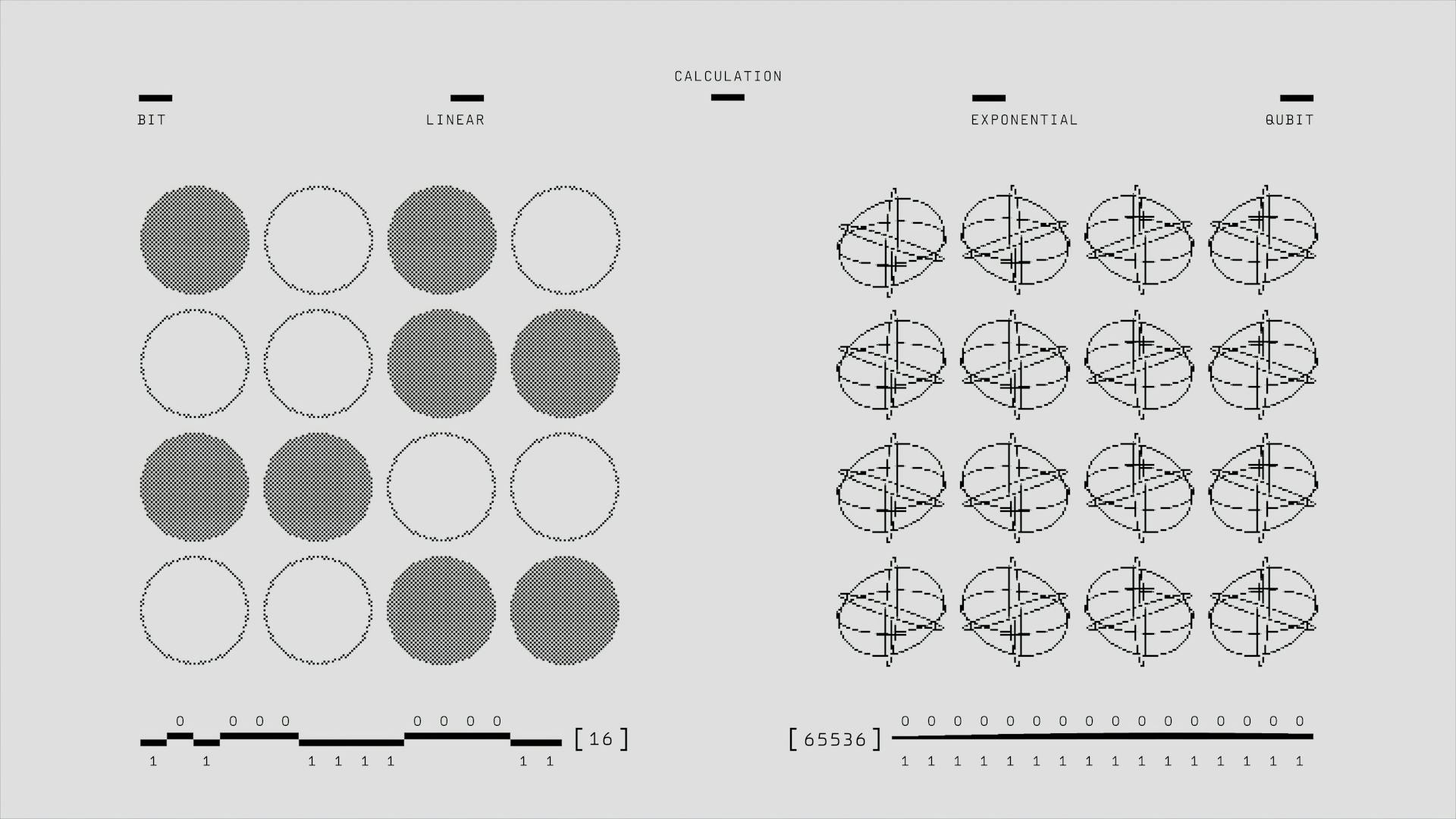
As a health informatic specialist, you'll play a vital role in designing and implementing healthcare information systems. This job is perfect for those who enjoy working with technology and healthcare, as you'll be responsible for analyzing and improving the flow of health data.
Health informatic specialists work in a variety of settings, including hospitals, clinics, and insurance companies. They often collaborate with healthcare professionals to design and implement electronic health records (EHRs) systems.
Their primary goal is to ensure that healthcare data is accurate, secure, and easily accessible to those who need it. This requires strong analytical and problem-solving skills, as well as the ability to communicate complex technical information to non-technical stakeholders.
In terms of salary, health informatic specialists are generally well-compensated, with median salaries ranging from $80,000 to over $120,000 per year, depending on experience and location.
You might enjoy: Health Informatic Certification
Career Path and Requirements
To become a health informatics specialist, you'll typically need a bachelor's or master's degree. According to the data, 60% of health informatics specialists hold a bachelor's degree, while 35% have a master's degree.
Recommended read: Informatics Engineering
Relevant majors include Health Care Administration, Business, Pharmacy, Nursing, and Computer Science. Certifications such as Certified Pharmacy Technician and Certified Professional in Health Informatics can also be beneficial. Top schools for this field are University of Pennsylvania, University of Southern California, Duke University, University of Minnesota - Twin Cities, and University of Michigan - Ann Arbor.
It typically takes 5-6 years to become a health informatics specialist, with 1-3 months of post-employment on-the-job training. This training helps you gain the skills and techniques required for the job and employer.
Types of Health Informatics Specialists
As you explore the world of health informatics, you'll encounter various specialists who play crucial roles in the field.
Clinical Data Analysts work with healthcare providers to identify areas for improvement in patient care, using data to inform clinical decisions.
Health Information Managers oversee the collection, storage, and retrieval of patient data, ensuring it's accurate and compliant with regulations.
Medical Informaticians design and implement healthcare information systems, focusing on the technical aspects of data management and analysis.
Health Educators use health informatics to develop and disseminate health information to patients, families, and communities, promoting healthy behaviors and disease prevention.
Steps to Become
To become a health informatics specialist, you'll typically need a solid educational foundation. A bachelor's degree is a common starting point, with 60% of health informatics specialists holding one, according to the data. Relevant majors include Health Care Administration, Business, Pharmacy, Nursing, and Computer Science.
A master's degree can also be beneficial, with 35% of health informatics specialists holding one. Some top schools for this field include University of Pennsylvania, University of Southern California, Duke University, University of Minnesota - Twin Cities, and University of Michigan - Ann Arbor.
In addition to education, gaining practical experience is crucial. Health informatics specialists typically spend 1-3 months on post-employment, on-the-job training, learning the skills and techniques required for their job and employer.
Here are the typical steps to become a health informatics specialist:
- Obtain a bachelor's or master's degree in a relevant field (typically 4-6 years)
- Accumulate 1-3 months of on-the-job training
- Develop skills in patient care, EMR, HIPAA, data analysis, and Epic
- Gain experience in managing electronic health records, analyzing data, and ensuring data security
It typically takes 5-6 years to become a health informatics specialist, according to the data. This includes obtaining a bachelor's degree and accumulating the necessary work experience.
Average Salary

The average salary for a Health Informatics Specialist in the United States is $91,323 per year or $44 per hour.
Health informatics specialist salaries can vary significantly, ranging between $65,000 and $126,000 per year.
This wide range of salaries is likely due to factors such as location, experience, and specific job requirements.
The high end of this range suggests that top-performing Health Informatics Specialists can earn a very comfortable income, but it's worth noting that salaries at the lower end of the range are still competitive.
Overall, Health Informatics Specialists can expect to earn a salary that is well above the national average.
Recommended read: Informatic Nurse Salary
Roles and Responsibilities
Health informatics specialists have a wide range of roles and responsibilities, which can vary depending on their position, sub-specialty, and work setting.
These professionals often work in environments where patient care is delivered, but they are not directly involved in patient care. They typically work with physicians, nurses, and other healthcare professionals, making it a collaborative field.
Health informatics specialists may work as data analysts, information officers, information technicians, or informaticists, with diverse job titles across different departments and healthcare settings.
To be successful in this field, healthcare informatics professionals must be knowledgeable about medical coding and billing, medical database operations, and federal health and privacy laws.
Some typical daily responsibilities of health informatics specialists include tracking, storing, and accessing patient records, developing and implementing new methods of managing patient data, and analyzing health data for insights related to policy development.
Here are some key responsibilities of health informatics specialists:
- Tracking, storing, and accessing patient records
- Developing and implementing new methods of managing patient data
- Analyzing health data for insights related to policy development
- Managing and securing existing health information databases
- Collaborating between regulatory and IT departments
- Consulting with upper leadership on data-driven strategies
These responsibilities require a solid base of fundamental skills and knowledge in IT, healthcare, data management, and strategic planning.
Career Considerations
If you're considering a career as a healthcare informatics specialist, you'll be working in a rapidly evolving industry that heavily relies on information technology. The healthcare industry generates a vast amount of data from various sources, including patient records and electronic devices.
Additional reading: Health Informatic
You'll have the opportunity to influence how the healthcare industry functions or help a hospital or private practice provide more effective care. This role may be a good fit if you're interested in healthcare or the medical industry but don't want to work directly with patients.
The data generated by the healthcare industry needs to be organized and categorized so that healthcare facilities and organizations can analyze it to draw conclusions about current processes and outcomes. This is where healthcare informaticians come in – they make sure that data is organized and can be easily translated.
If you're already working in healthcare informatics, you may want to consider reviewing some healthcare certificate programs to boost your skills or education.
Work Environment and Management
Health informatics specialists can work in a variety of settings where data and healthcare intersect. They can be employed by hospitals, group practices, surgical centers, consulting firms, private companies, or government agencies.
Health informatics specialists can work in both clinical and non-clinical settings, making them versatile professionals. They may work in hospitals, healthcare systems, rehabilitation facilities, insurance companies, or private physician practices.
Health information managers, a related field, are expected to see 28.5% growth by 2031, according to the BLS. This growth suggests that health informatics specialists will also be in high demand as healthcare organizations need to employ them to manage electronic health records.
Work Environment
Health informatics specialists have a wide range of work environments to choose from, including hospitals, group practices, surgical centers, consulting firms, private companies, and government agencies.
They can work in both clinical and non-clinical settings, making their job opportunities diverse and varied.
Health informatics specialists can be employed by organizations of all sizes and types, including those that are federally mandated to implement electronic health records (EHRs).
Working in a field that's constantly evolving, health informatics specialists must be adaptable and able to navigate different settings with ease.
Manager
In healthcare management, a strong manager can make all the difference. They oversee the implementation of new programs, troubleshoot software and hardware problems, and ensure that everything is working correctly and delivering the intended results.
EHR implementation managers, for example, act as technical support providers for electronic health records and other health data management software and hardware. They train clinical staff on software and hardware, test new software programs before implementation, and configure software for the requirements of the healthcare facility.
Healthcare IT project managers take on a leadership role and are responsible for technology projects within their healthcare facility from start to finish. They manage all the details of making a project run, ensuring that their facility has the budget, staff, and infrastructure to support IT projects.
Health information managers are highly trained in the latest information management technology applications and understand the workflow process in healthcare provider organizations. They ensure that patient data is collected, stored, analyzed, and communicated effectively.
According to the BLS, the top 10% of workers in these fields earned more than $165,700 (EHR implementation managers), $216,750 (health information managers), and $163,040 (healthcare IT project managers). These figures highlight the potential for high earning potential in these roles.
Here's a breakdown of the job growth projections for these roles:
- EHR implementation managers: 10.7% growth through 2033
- Health information managers: 28.5% growth by 2031
- Healthcare IT project managers: 7.2% growth by 2031
Systems Society Certifications
Certification through the Healthcare Information and Management Systems Society (HIMSS) is a valuable option for health informatics specialists.
HIMSS offers two certifications: the Certified Associate in Healthcare Information and Management Systems (CAHIMS) and the Certified Professional in Healthcare Information and Management Systems (CPHIMS).
The CAHIMS credential is for entry-level specialists who wish to demonstrate their professional knowledge and establish a solid foundation in their abilities. To be eligible, applicants need only a high school diploma and 45 hours of continuing education in healthcare informatics.
Exam fees for CAHIMS are $240 for HIMSS members and $315 for non-members. The credential must be renewed every three years through the completion of 45 continuing education credits, 25 of which must be obtained through HIMSS.
The CPHIMS credential is for experienced health informatics specialists who wish to advance their careers and demonstrate a commitment to continuing professional development. To be eligible, applicants need either a bachelor’s degree and five years of information and management experience (three of which occurred in a healthcare setting), or a graduate degree and three years of information management experience (two of which occurred in a healthcare setting).
Exam fees for CPHIMS are $405 for HIMSS members and $525 for non-members. The credential must be renewed every three years through the completion of 45 continuing education credits, 25 of which must be obtained through HIMSS.
Here is a comparison of the two certifications:
Frequently Asked Questions
Is health informatics math heavy?
Health informatics involves some mathematical concepts, but it's not necessarily math-heavy. Understanding basic math and computer engineering can be helpful, but not always required for a career in health informatics.
Is health informatics a good career choice?
Health informatics offers a lucrative career path with median salaries over $105,000 per year. With its high earning potential and growing demand, it's an attractive choice for those interested in healthcare and technology.
Sources
- https://www.allalliedhealthschools.com/health-informatics/career-paths/
- https://nursinglicensemap.com/resources/healthcare-careers/what-is-healthcare-informatics/
- https://medschool.vanderbilt.edu/biomedical-informatics/careers-in-health-informatics/
- https://www.mhaonline.com/blog/day-in-the-life-of-a-health-information-specialist
- https://www.zippia.com/health-informatics-specialist-jobs/
Featured Images: pexels.com

